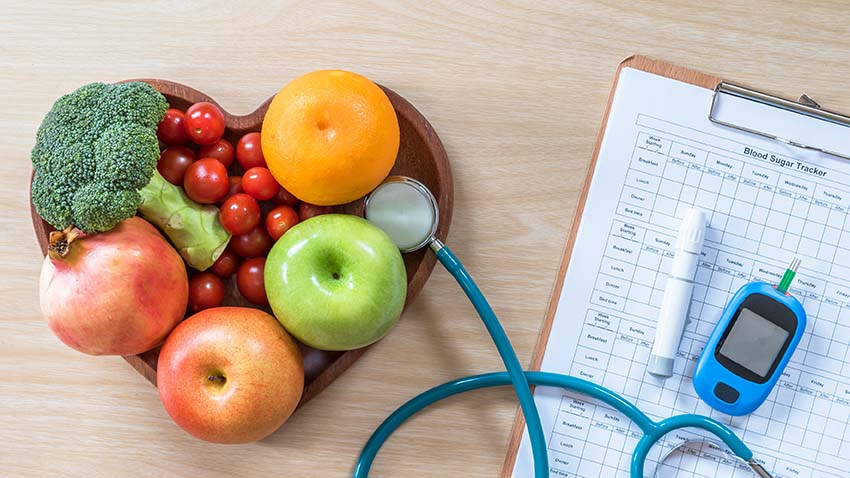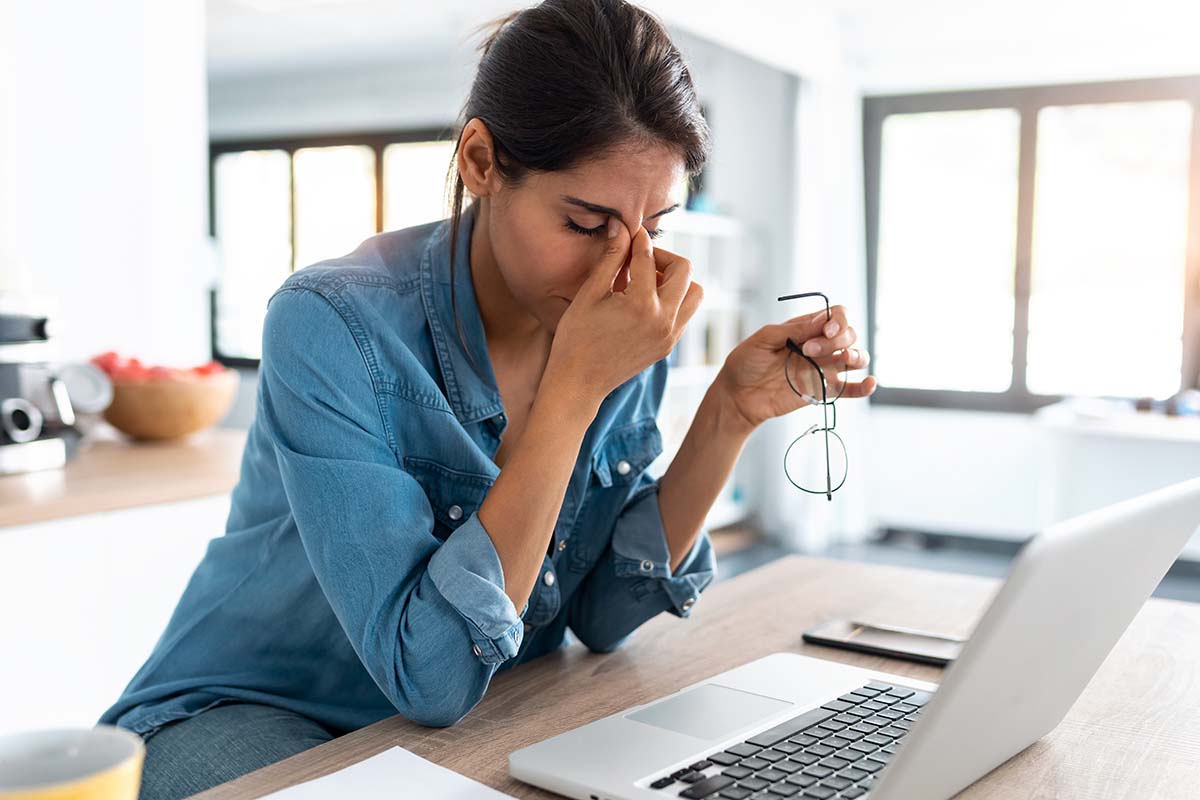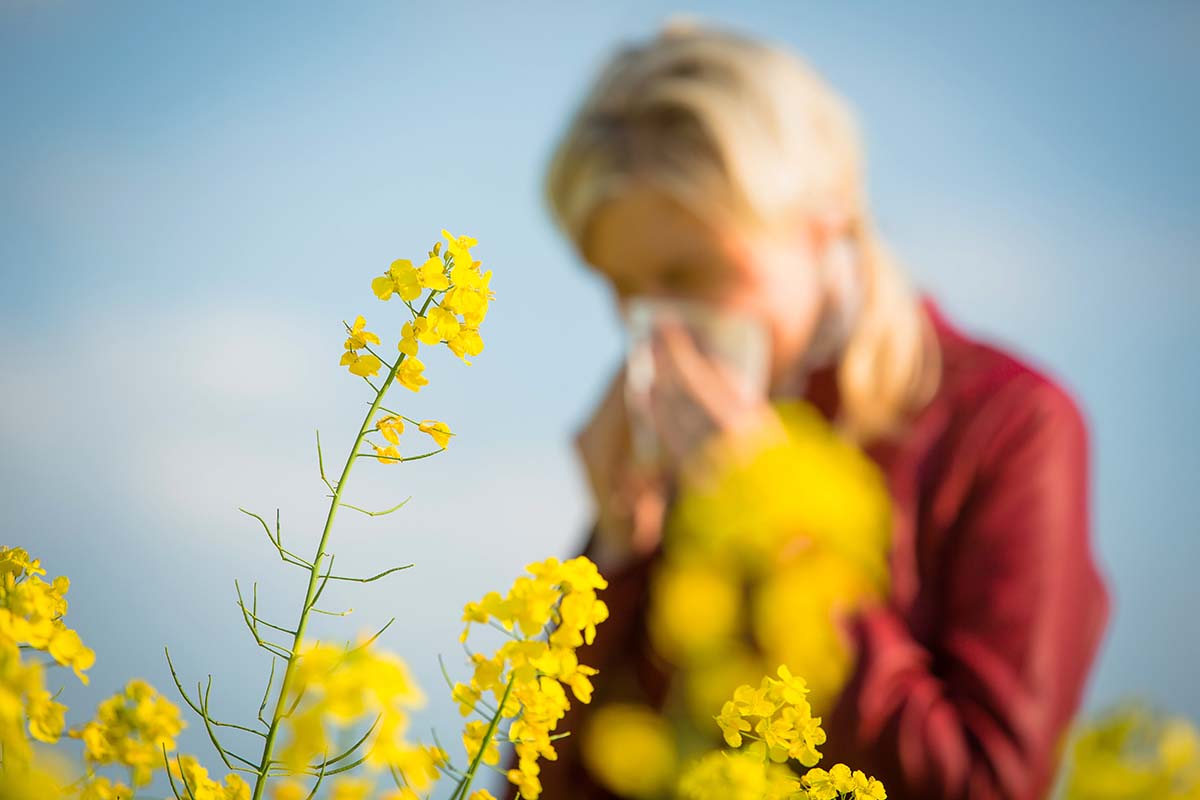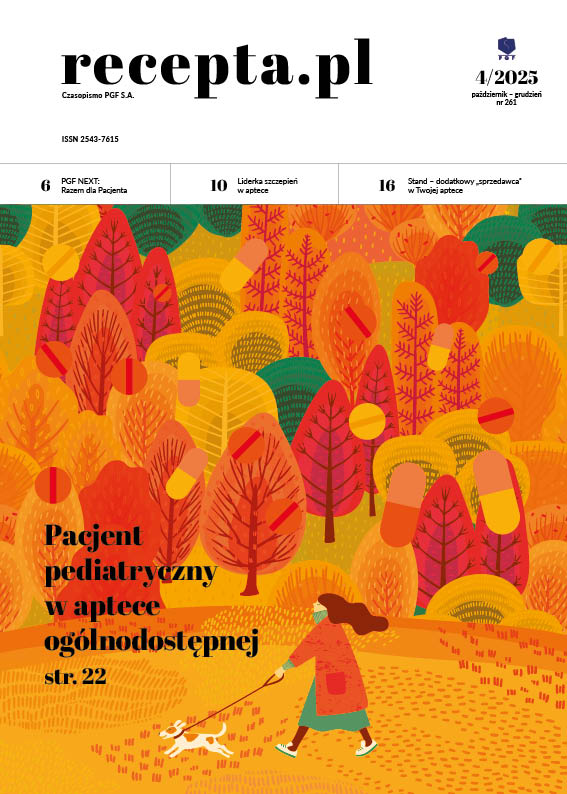
Motion sickness. Bites and stings
Hippocrates said “Walking is man’s best medicine”. We all know that daily walks are very important and it is a free and healthy activity everyone should enjoy to stay healthy. But as the weather gets better in spring and summer we tend to travel more and therefore we are likely to experience ailments connected with travelling and spending time in the open air.
Motion sickness
Motion sickness also known as travel sickness, car sickness or sea sickness is always connected with travel by plane, car, boat or other means of transport. Apart from nausea, motion sickness can cause vomiting. Interestingly just thinking about motion sickness can cause it. Also small children and people suffering from migraines are more likely to suffer from it.
There are several natural remedies which can ease the symptoms:
- looking outside of the vehicle,
- focusing on the horizon,
- staying hydrated,
- avoiding reading (especially when travelling by bus or car),
- eating small meals before travel and avoiding caffeinated drinks and alcohol,
- eating or drinking something containing ginger.
In fact, ginger root is the most common natural remedy for motion sickness but pharmacists should warn patients that it should be avoided two weeks before surgery or by people taking “blood-thinning” preparations or supplements, such as warfarin, because it may prolong bleeding time.
The pharmacist can offer the patient several antiemetics to ease symptoms. We can offer products in the form of lozenges, tea, capsules, tablets, or candies.
The most common substances sold in Poland:
- Scopolamine,
- Promethazine (Phenergan),
- Cyclizine (Marezine),
- Dimenhydrinate (Dramamine),
- Meclizine (Bonine).
We should remember to tell the patient that some of these should be administered two hours or at least 30 minutes before travel.
- Angielskie nazwy naturalnych substancji łagodzących mdłości
- ginger in the form of (imbir w postaci):
- capsules
- candies
- lozenges
- tablets
- tea
Insect bites and stings
Summer brings the risk of all sorts of unpleasant bites and stings. The most common ones are mosquito bites. There are some natural remedies (listed below) which can deter mosquitos. Other unpleasant insects which can bite you are ticks. Infected ticks can spread borreliosis also known as Lyme disease. DEET repellents – 10–35% concentrations provide effective protection. Other insect bites include bed bugs, fleas and black flies. The ones that sting you include wasps and hornets. Some patients should be given oral antihistamines such as (Benadryl), cetirizine (Zyrtec), loratadine (Claritin), and fexofenadine (Allegra) to treat bite reactions and to reduce swelling.
Angielskie nazwy naturalnych substancji odstraszających owady
- lemon eucalyptus
- lavender
- citronella
- thyme oil
- catmint
- geranium
- lemon
- lemongrass
- tea tree
NOTKA JĘZYKOWA:
Czasowniki to bite i to sting są czasownikami nieregularnymi:
bite, bit, bitten
sting, stung, stung
Zatem w języku angielskim powiemy (używając strony biernej): I was bitten by mosquitos lub I was stung by a wasp.
Idiomy związane ze zdrowiem
To rub salt into somebody’s wound – Znęcać się nad kimś
A taste of one’s own medicine – Odpłacić komuś pięknym za nadobne
A bitter pill to swallow – Gorzka pigułka do przełknięcia
Just what the doctor ordered – Tego mi było trzeba
Słowniczek
administer – podawać
ailments – dolegliwości
antiemetics – leki przeciwwymiotne
avoid – unikać
bed bug – pluskwa
bite – ugryźć/ugryzienie
bitter – gorzki
candies – słodycze
catmint – kocimiętka
deter – odstraszać, powstrzymywać
flea – pchła
ginger – imbir
hornet – szerszeń
lemongrass – trawa cytrynowa
lozenges – tabletki do ssania
Lyme disease (borreliosis) – borelioza
nausea – mdłości
order – tutaj: zalecić, inne znaczenie: zamówić
spread – roznosić, rozprzestrzeniać
sting – użądlić
surgery – operacja
swallow – połknąć
swelling – obrzęk, opuchnięcie
therefore – dlatego
thyme – tymianek
tick – kleszcz
unpleasant – nieprzyjemny
vomiting – wymioty
warfarin – warfaryna
wasp – szerszeń
wound – rana
Rozmówki
Farmaceuta: Good morning/Good afternoon, may I help you? – Dzień dobry/Dobry wieczór, w czym mogę pomóc?
Are you next? I speak English – Czy Pan/Pani jest następny/następna w kolejce? Mówię po angielsku.
How can I help? – Jak mogę pomóc?
Pacjent: I have been bitten by mosquitos – Zostałem pogryziony/Zostałam pogryziona przez komary.
Farmaceuta: This gel should help (tu podać preparat) – Ten żel powinien pomóc.
This repelent should stop insects biting you next time – Ten środek odstraszający owady powinien pomóc na przyszłość.
Apply it on your clothes, not directly on your skin – Niech Pan/Pani zaaplikuje na ubranie, a nie bezpośrednio na skórę.
Do you have sensitive skin? – Czy ma Pan/Pani skórę wrażliwą?
If the swelling does not resolve after a few days you should consult a specialist – Jeśli opuchlizna nie przejdzie po paru dniach, powinien Pan/powinna Pani skonsultować to ze specjalistą.
Would you like anything else? – Czy życzy sobie Pan/Pan coś jeszcze?
Pacjent: Do you have a DEET product? – Czy macie produkt DEET?
Please drink this tea twice a day – Proszę pić tę herbatkę dwa razy dziennie.
Please drink one teaspoon three times a day – Proszę pić jedną łyżeczkę trzy razy dziennie.
The recommended dose is… – Zalecana dawka wynosi…
These tablets/This ointment should help – Te tabletki powinny/Ta maść powinna pomóc.
This should reduce swelling – To powinno zmniejszyć opuchliznę.
This is for external use only – To jest tylko do użytku zewnętrznego.
Please take one/two tablets a day/per day – Proszę brać jedną/dwie tabletki dziennie.
This should not be taken longer than five days – Tego nie należy zażywać dłużej niż pięć dni.
If the symptoms persist, please consult your doctor – Jeśli objawy się utrzymają, proszę skonsultować się z lekarzem.
Please put fifteen drops into a glass of water and drink – Proszę dodać piętnaście kropli do szklanki wody i wypić.
Pacjent: Could you give me something for itchy skin please? – Poproszę coś na swędzącą skórę.
I would like… – Chciałbym…
I need… – Potrzebuję…
Have you got… (nazwa leku preparatu) – Czy macie?
Do you sell… – Czy sprzedajecie…?
Farmaceuta: I am afraid this is a prescription drug but I can offer you something else – Obawiam się, że to jest lek sprzedawany jedynie na receptę, ale mogę zaoferować coś innego.
UWAGA: Język angielski jest o wiele grzeczniejszy i jeśli mamy przekazać jakkolwiek negatywną informację, warto ją „zmiękczyć”, używając formy I am afraid/I’m afraid, czyli „Przykro mi”.
Pacjent: Do I need a prescription for this? – Czy muszę mieć receptę na to?
Farmaceuta: No, this is an OTC drug – Nie, to jest lekarstwo sprzedawane bez recepty.
OTC to skrót od over the counter.
Farmaceuta: You need to ask your doctor for a prescription – Musi Pan/Pani poprosić lekarza o receptę.
Pacjent: The doctor gave me this prescription – Lekarz przepisał mi tę receptę.
Farmaceuta: Let me see… – Poproszę… (w domyśle receptę).
Pacjent: Here is the prescription – Proszę, oto recepta.
Farmaceuta: Do you have your prescription code number? – Czy ma Pan/Pani kod recepty?
Prescription code number please – Proszę kod recepty.
I think we have it. Let me get that for you – Myślę, że to mamy. Zaraz Panu/Pani przyniosę.
Pacjent: Can you give me something for car sickness? – Czy mogę prosić o coś na chorobę lokomocyjną?
Farmaceuta: How old is the patient? – W jakim wieku jest pacjent?
Please keep this medicine out of reach of children – Proszę trzymać poza zasięgiem dzieci.
Please take this at least half an hour before travelling – Proszę zażyć przynajmniej pół godziny przed podróżą.
You shouldn’t drive after this medicine as it can cause drowsiness – Nie należy prowadzić auta po tym leku, ponieważ może powodować senność.
This should not be given to children under the age of three – Tego nie należy podawać dzieciom do lat trzech.
This preparation is suitable for children – Ten preparat nadaje się dla dzieci.
Make sure you swallow this before eating – Proszę to połknąć przed jedzeniem.
Pacjent: Should I take these tablets before or after a meal? – Czy powinienem/powinnam brać te tabletki przed posiłkiem czy po posiłku?
Farmaceuta: If the symptoms do not ease please consult a doctor – Jeśli objawy nie ustąpią, proszę skonsultować to z lekarzem.
It would be better to consult a specialist – Byłoby lepiej skonsultować to ze specjalistą.
Please take this preparation twice a day – Proszę brać ten preparat dwa razy dziennie.
Please take one tablet before travelling – Proszę zażyć jedną tabletkę przed podróżą.
UWAGA! Po angielsku nie mówimy bezosobowo, typu: „Brać jedną tabletkę przed snem”.
Farmaceuta: Our pharmacy is open 24 hours – Nasza apteka jest czynna 24 godziny na dobę.
You may also order online and collect the products in our pharmacy – Może Pan/Pani także zamawiać online i odebrać produkty w naszej aptece.
Do you need anything else? – Czy potrzeba coś jeszcze?
Would you like to try one of our herbal remedies? – Czy chciałby Pan/Pani wypróbować jeden z naszych ziołowych leków?
Thyme oil is very good for (tu wymienić co) – Olejek z tymianku pomaga na…
Pardon? Could you repeat this please? – Przepraszam, nie dosłyszałem/dosłyszałam. Czy mógłby Pan/Pani powtórzyć?
Here you are – Proszę (gdy podajemy coś).
UWAGA! Po angielsku słowa please używamy jedynie w zdaniu, a gdy podajemy coś komuś, to używamy Here you are i tylko wtedy.
Pacjent: How much do I owe you? – Ile jestem winien?
Farmaceuta: This comes to 85 zloty – Razem to będzie 85 złotych.
Pacjent: Can I pay with my card? – Czy mogę zapłacić kartą?
Farmaceuta: Naturally/of course – Naturalnie/oczywiście.
Get well soon – Życzę zdrowia.
Thank you. Goodbye – Dziękuję. Do widzenia.







